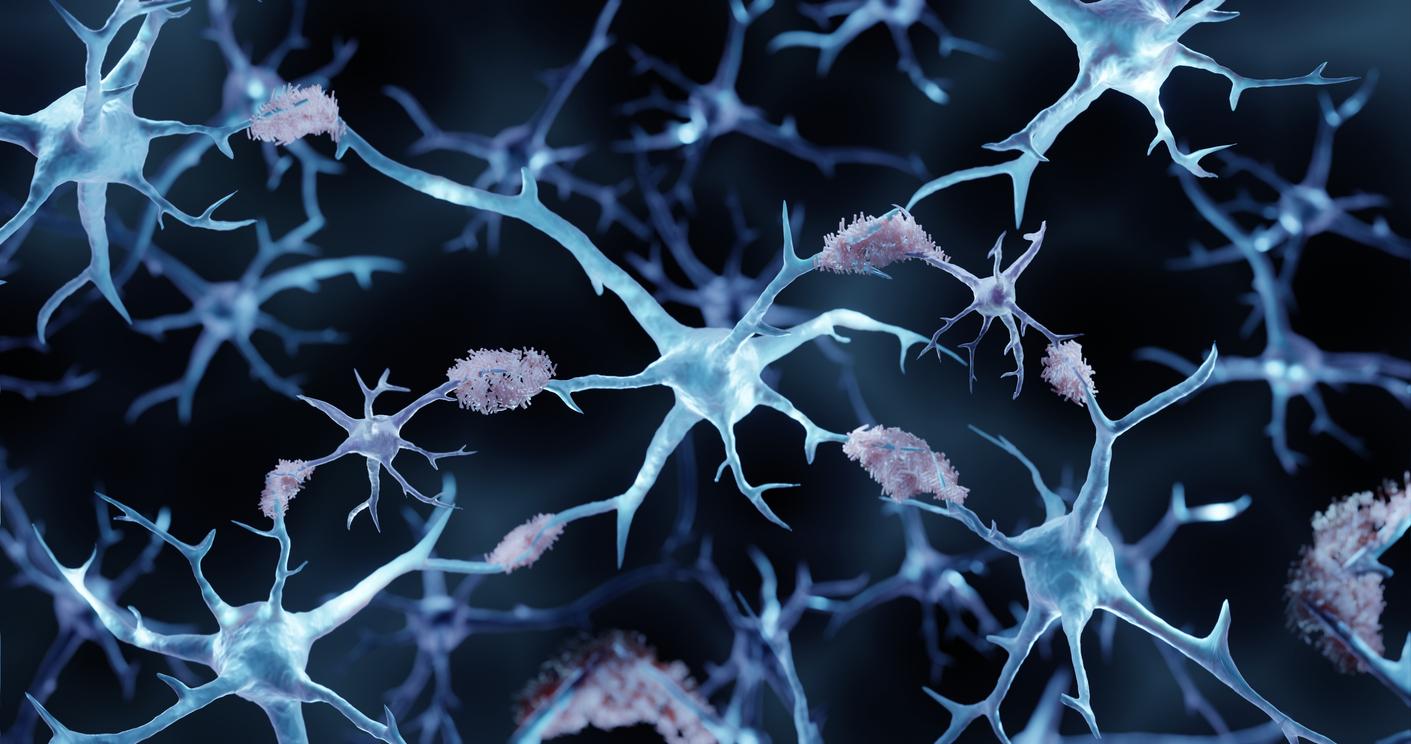One in three people are thought to have misokinesis, a disorder that occurs when a short, repetitive movement, such as a shaking leg or frantically tapping a finger against a desk, causes feelings of stress and annoyance.

- This is one of the first studies on this disorder assimilated to “hatred of movement”.
- Misokinesis causes anxiety, anger or even disgust at the sight of a repetitive gesture.
- It would increase with age.
There is a name for almost every disorder that affects humans. This August 26, the magazine Scientific Reports shed light on misokinesis, a condition that refers to the annoyance felt by another person’s short, repetitive movements. This disorder would even concern one in three people according to the study!
Anxiety, anger or even disgust
The researchers conducted a series of experiments with 4,100 volunteers. They were subjected to visual stimuli and had to reflect on what emotions this provoked in them. This study is part of a remark made by the companion of Dr. Todd Handy, researcher in the Department of Psychology at the Canadian University of British Columbia who initiated the study. “I get stressed when you fidget”, he told her. What make the researcher want to deepen this emotion to better understand it.
The results revealed that a third of the volunteers said they were distressed by the repetitive movements. This is one of the first studies on this disorder assimilated to “hatred of movement”. Misokinesis causes anxiety, anger or even disgust at the sight of a repetitive gesture, either “a strong negative affective or emotional response”, reports the study. However, the researchers did not measure the participants’ degree of repetitive motion sensitivity. However, they found that intolerance increases with age.
Understand the origins
The reasons that may lead to this disorder are not known, but some lines of thought have been put forward by the authors of the study. The mirror neurons present in the brain could be in question. These are activated when we move and when others move. “When we see that someone is in pain, the pain affects us. When people fidget unconsciously it’s because they’re anxious, watching them makes us anxious too”, suggests Sumeet Jaswal who participated in the study.
The researchers said they want to better understand misokinesis. They hope they canto examine this question more closely in our future research and determine if there is a genetic component to this sensitivity”, continues Todd Handy.
.














